U.S. Election 2020: How to Spot (and Fight) Misinformation
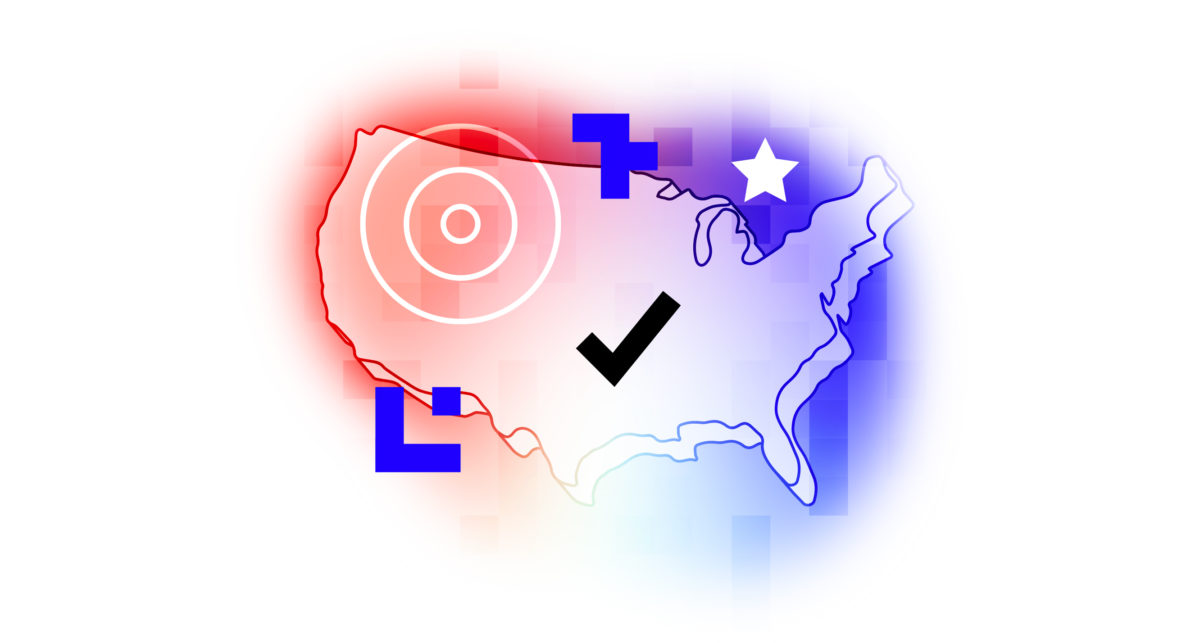
It’s 2020, and the stakes are huge for the internet and American democracy. The web is increasingly becoming a vehicle to sow confusion on how, when, and where to vote. A recent ProPublica examination of the top 50 Facebook posts pertaining to mail-in voting found more than half contained false or misleading information.
In this collection, you will find an easy-to-use tool for checking your voter registration status, as well as information on how to spot and fight misinformation online, during this election season and beyond.
- Check Your Voter Registration
- Political Ad Transparency
- How To Spot and Fight Misinformation
- How (and Why) Misinformation Spreads
- How to Assess What You See Online
Check Your Voter Registration
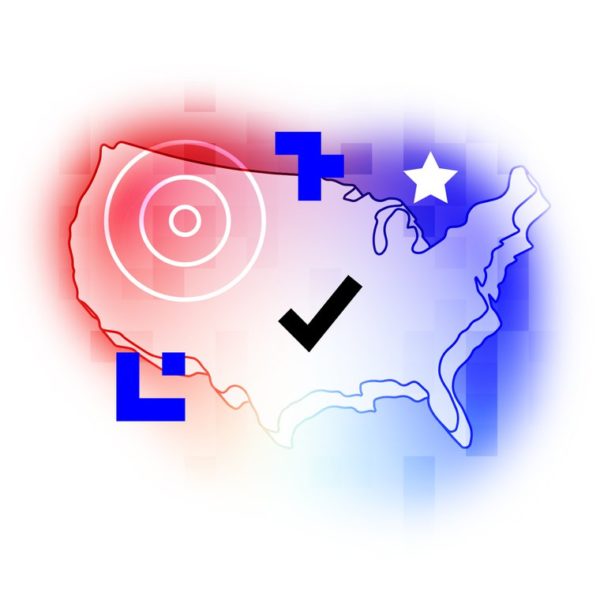
U.S. Elections 2020: What You Should Know, What You Can Do
The Mozilla Foundation’s guide to registering to vote and learning how to avoid misinformation—and stop it from getting amplified even further.
Transparency & Political Ads

Paid Programming
Video streaming platforms have become prime targets for political advertising campaigns in the 2020 U.S. elections, posing a huge challenge to election watchdogs. How are six popular streaming platforms handling political ads?
How To Spot and Fight Misinformation
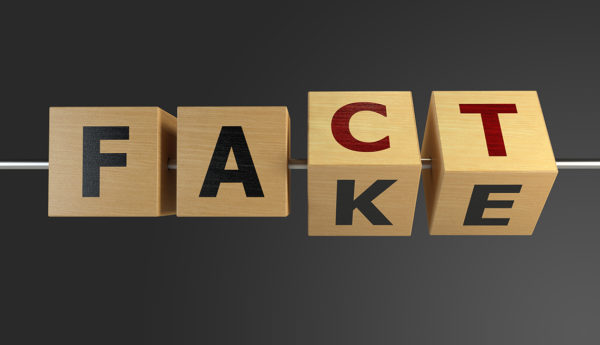
How You Can Spot Inaccurate News
Proven ways to detect whether web or social media news is deceptive or a hoax.
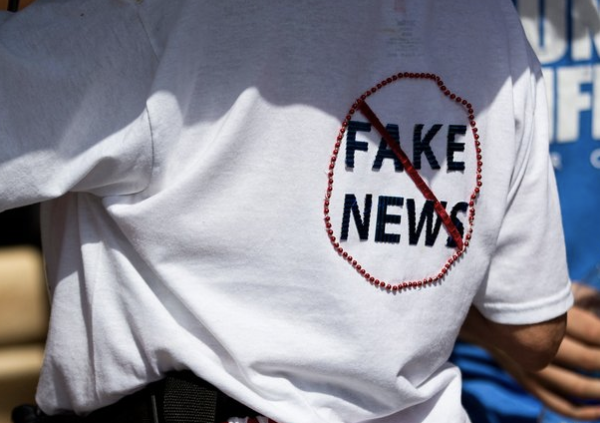
I’m a Former CIA Analyst Trained To Spot Fake News. Here’s How You Can Do It, Too.
Most false content circulating online is shared by real people who don’t know it’s false. So real people like you are the key to solving this problem.
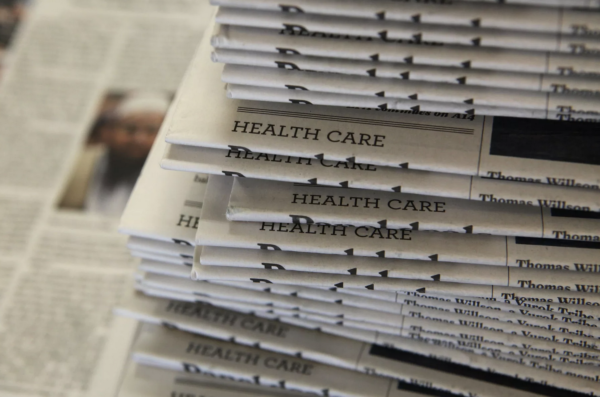
[LISTEN] A Fake News Survival Guide, Explained by a Librarian.
Next time someone sends you fake news, share these essential tips.
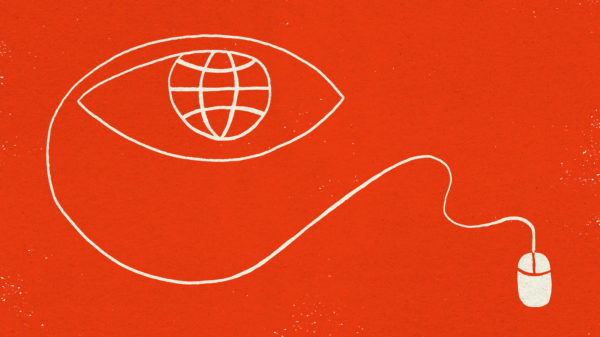
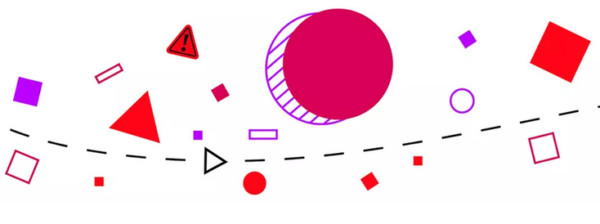
How To Fight Lies, Tricks, and Chaos Online
Viral half-truths are part of the fabric of today’s internet, and the kind of anger it inspires has been turned into a dangerous commodity.
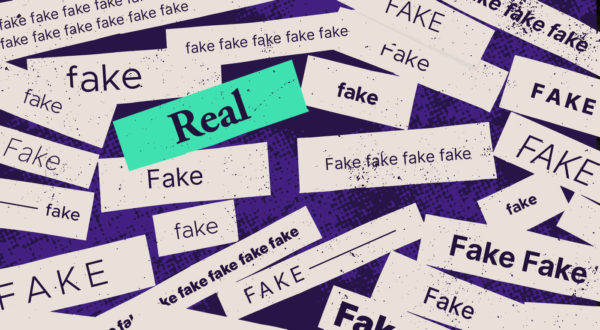
How to Spot (and Do Something) About Real Fake News
Even the most digitally savvy folks can (at times) be fooled into believing a headline or resharing a photo that looks real, but is actually not.
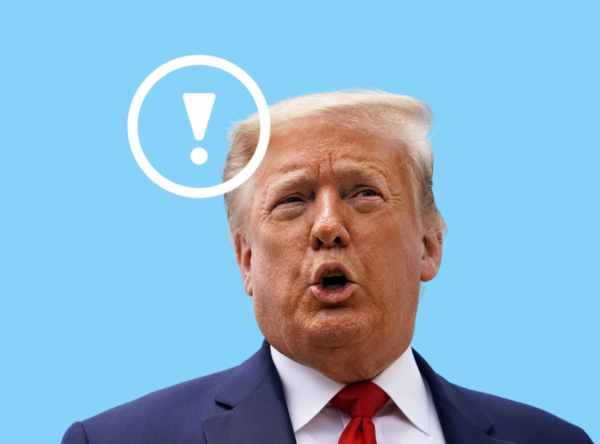
Fact-Checking Misinformation Can Work. But It Might Not Be Enough.
Some methods of fact-checking are more effective than others.
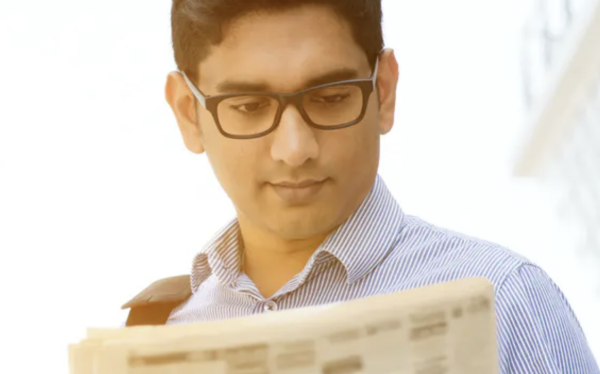
Numbers in the News? Make Sure You Don’t Fall for These 3 Statistical Tricks
Some methods of fact-checking are more effective than others.
How (and Why) Misinformation Spreads
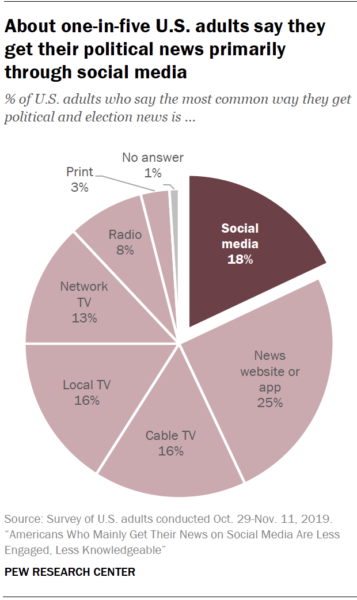
Americans Who Mainly Get Their News on Social Media Are Less Engaged, Less Knowledgeable
Those who rely on social media for news are less likely to get the facts right about the coronavirus and politics and more likely to hear some unproven claims.
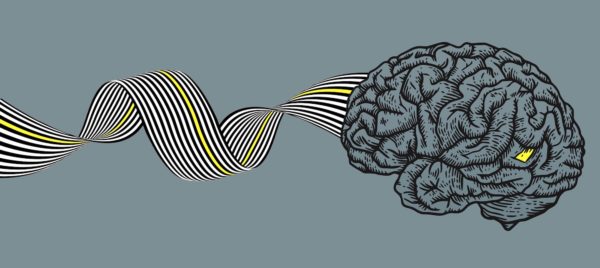
A Cognitive Scientist Explains Why Humans Are So Susceptible to Fake News and Misinformation
“We might like to think of our memory as an archivist that carefully preserves events, but sometimes it’s more like a storyteller.”
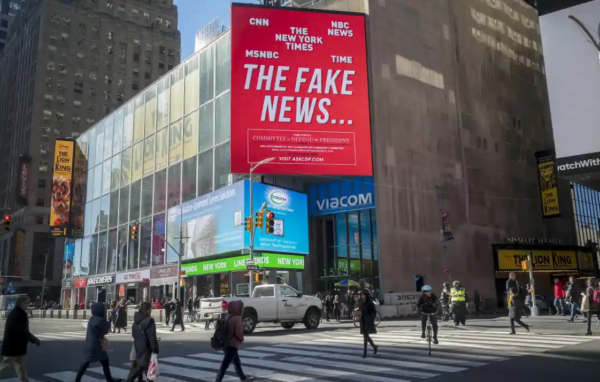
Why Smart People Are More Likely To Believe Fake News
Research shows that smart people are more susceptible to fake news and conspiracy theories – but why?

Fact Checking Is the Core of Nonfiction Writing. Why Do So Many Publishers Refuse to Do It?
The dangers of authors being forced to hire their own fact-checker out of pocket. If they do so at all.
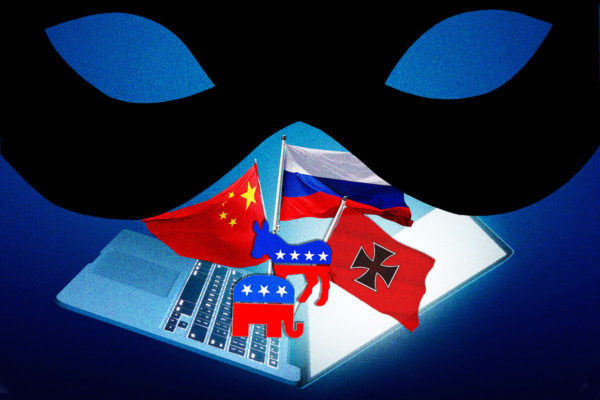
Silicon Valley Is Losing the Battle Against Election Misinformation
More groups are pushing false information into voters’ social media feeds in the run-up to November, and the deceptions are savvier than in 2016. It may be too late to fix.
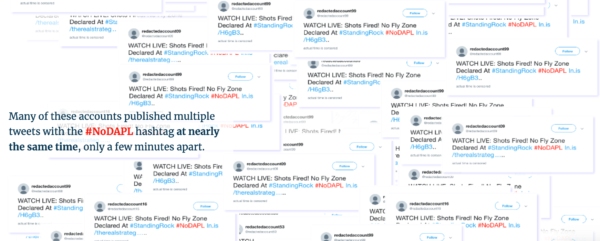
[INTERACTIVE] See How Fake News Really Spread During the 2016 Election
This report reveals a concentrated “fake news” ecosystem, linking more than 6.6 million tweets to fake news and conspiracy news publishers in the month before the 2016 election



